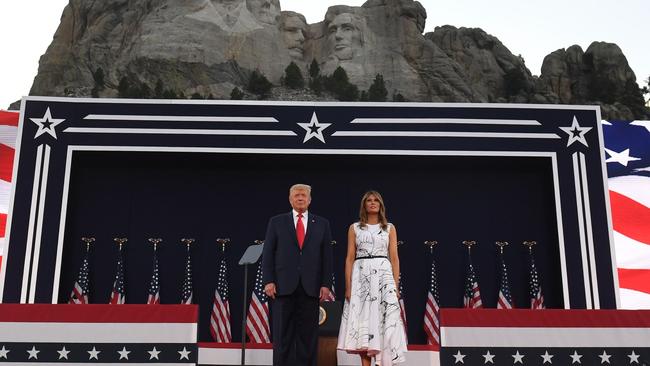
But faster than you can say cancel culture the very institutions in western liberal democracies that have thrived on these values and championed them, seem to be lost in a sea of conformity and a desperation to publicly demonstrate their compliance with the pieties and moral vanities of our time.
Even in the media there is a desperation to quell dissent, to sail with the zeitgeist and to fabricate consensus in the image of journalists’ own sanctimony. It is the opposite of the inquiry, scepticism, plurality and contestability that should be at the very heart of free media.
In an editorial last week about Donald Trump’s Fourth of July speech, in which the President aggressively defended America’s libertarian heritage, The Wall Street Journal called out this disease. Given the toxicity of US politics it had to concede the President was not the ideal person to make the point, but it could not fault his case.
“Newspaper editors are being fired over headlines and op-eds after millennial staff revolts,” said the WSJ.
“The Washington Post ran an op-ed at the weekend urging the name of America’s first president be struck from Washington and Lee University.”
The WSJ went on to conclude that; “Progressive elites are courting a backlash that will have more than one champion.” I hope so.
The Sydney Morning Herald sent a letter to subscribers this week from its opinion editor, Julie Lewis, in which she attempted to offer support for testing ideas, yet proudly pronounced: “We would not, for example, publish a piece that denies the science of climate change.” Denies what science? All science, the Herald’s preferred view of the science, the most alarmist science, peer-reviewed science?
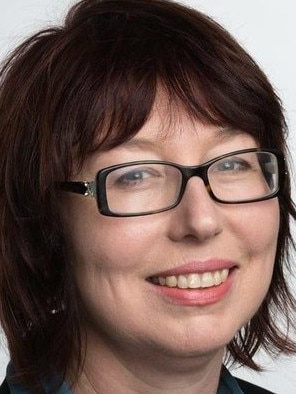
Anyone with an understanding of climate and/or science would realise the absurdity of that statement. It is just a tricky way of declaring that while you claim to accept the contestability of ideas, you will run only your chosen scientific viewpoint on the crucial issue of climate change – in this case, presumably, an alarmist angle.
Lewis’s piece claimed to stake out the centrist ground for the Herald. Yet the paper has few, if any, regular right of centre columnists, and an army of contributors from the green Left. Its regular analysts have been so far removed from the mainstream on issues such as Brexit, the US election, our climate and border protection policies, and federal elections that they have managed to get them all wrong, all the time.
Most illuminating — and disturbing — was Lewis’s reference to the Cotton affair at The New York Times, where the publication of an opinion piece by a Republican Senator Tom Cotton, endorsing policy options flagged by the President to use US troops to quell violence (as has happened previously), was enough to force the resignation of the opinion editor. For any journalist to even contemplate that publishing Cotton was a crime against journalism shows just how far the craft has fallen from objective ideals.
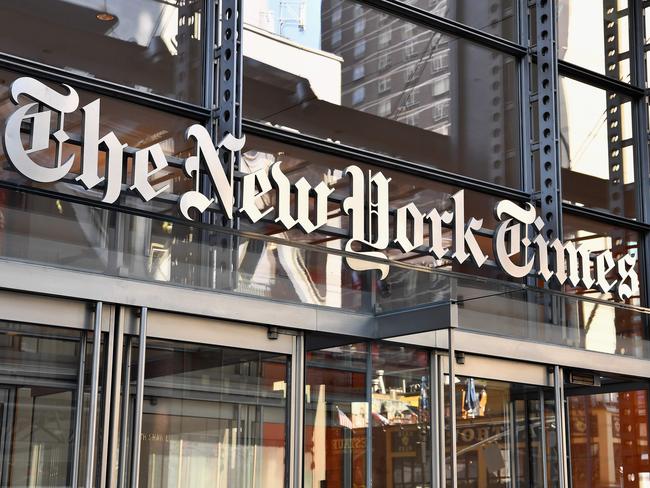
But rather than defend robust debate, Lewis wanted to make excuses. “The pressure on that masthead under the Trump presidency, the state of New York City wracked by COVID, the failure of the country to confront racism and the legacy of slavery, the President’s authoritarian tendencies make for a fissile mix.” Yes, even the self-perceived mistakes of the liberal Left in allowing their audiences to even read the arguments of their political opponents, is something they blame on Trump.
We can only expect the Herald to continue to get the major issues wrong, and publish an ever-diminishing array of commentators, shunning debate until it eventually collapses in on itself like a black hole of ideological agreement. It is sad, even tragic.
There was a glimmer of hope last week when a host of so-called progressive writers, artists and academics co-signed an open letter opposing the new conformity. “The free exchange of information and ideas, the lifeblood of a liberal society, is daily becoming more constricted,” said the letter, signed by the likes of Martin Amis, Margaret Atwood, Noam Chomsky, Salman Rushdie, J.K. Rowling, Francis Fukuyama, Gary Kasparov and Wynton Marsalis, no less.
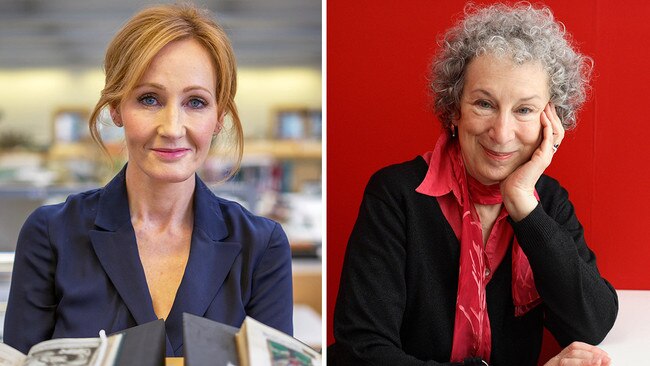
Depressingly, however, the letter referred to Trump as a “real threat to democracy”.
This displayed their own need to bow to groupthink against a democratically elected leader in order to be heard; therefore undercutting the very stand they were taking.
If that wasn’t bad enough, some of them withdrew from the letter after discovering who else had signed it. This is the epitome of groupthink, adjusting your views according to who else subscribes to them.
These trends are disheartening. They came in a week when Pauline Hanson was dumped by Channel Nine’s Today Show for sharing fact-based opinions that could be characterised as unsympathetic and harsh but instead were declared racist. Journalists publicly urged the banning of an elected politician a media platform – never mind the voters, they will decide who is heard.
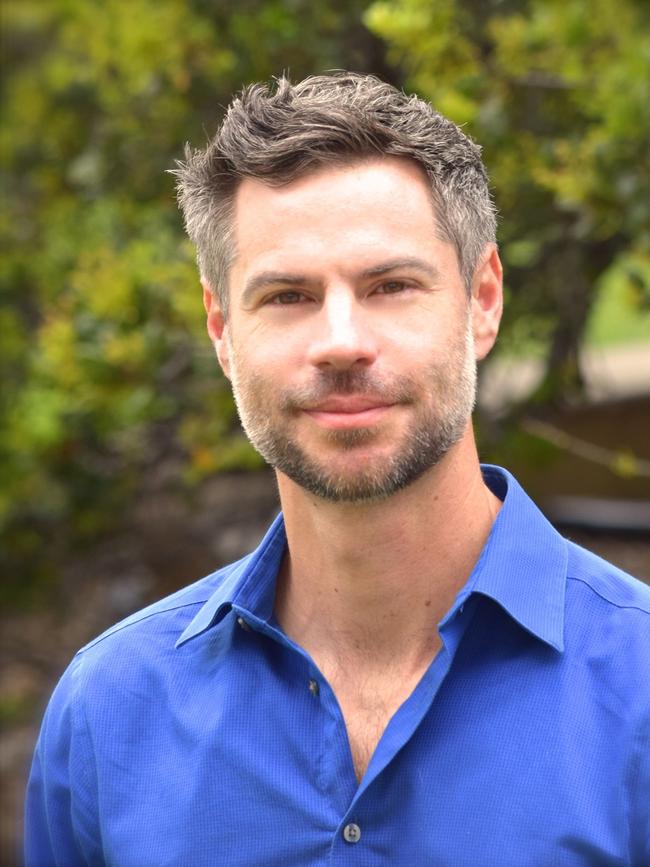
And despite the attention given to Michael Shellenberger and his new book “Apocalypse Never, why environmental alarmism hurts us all’’ here and elsewhere, the ABC, The Guardian Australia and Nine Media have made a point of ignoring him and his offers of full and transparent interviews.
It was also a week when a young journalist told me that when interviewed for a job at the ABC they were asked to name their favourite politicians. What an offensive test; surely we could not imagine someone naming Tony Abbott or Peter Dutton and then being recruited to 7.30 or Radio National. Perhaps it was a well-disguised IQ test — they just wanted to see who was quick-witted enough to answer, “Penny Wong and Adam Bandt”.
Still, in that Herald letter to subscribers, Lewis did make a clear and unarguable statement. “Building walls and retreating into silos will not stop change, and I fear for the kind of world those trends create,” she wrote.
That is something we could agree upon. But it is worthless unless put into action.




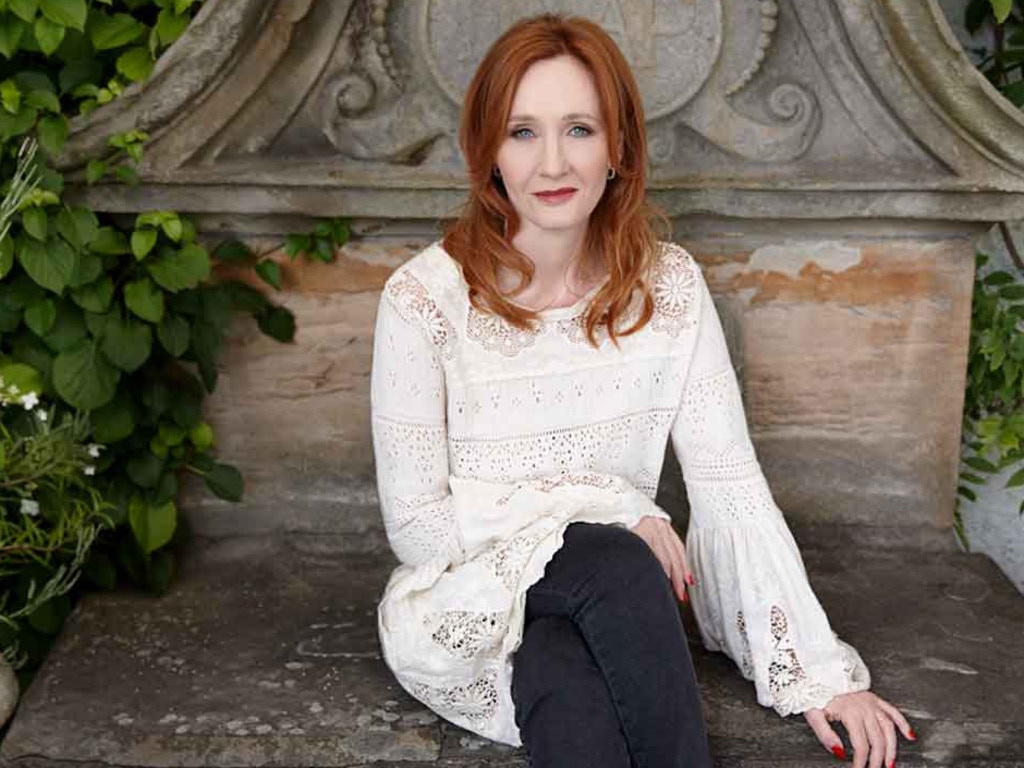



You might have thought it would be hard to unremember the importance of diversity, freedom of expression, robust debate and the contest of ideas.